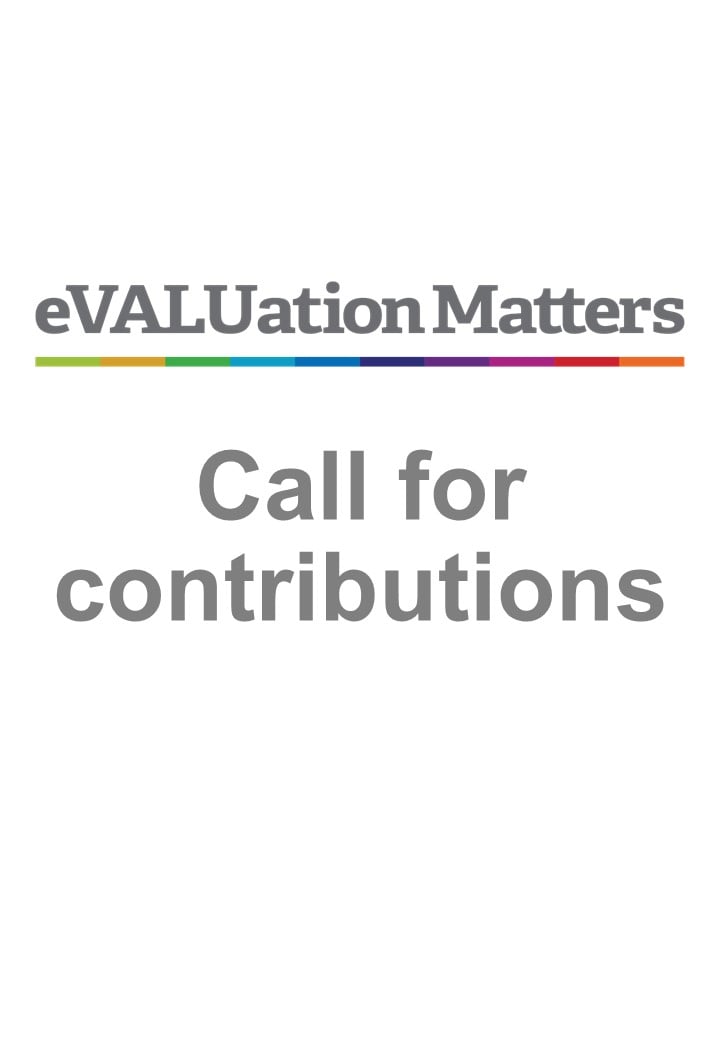Engagement is a comprehensive term that covers the full range of an organization’s efforts to interact with, understand and involve stakeholders in its activities and decisions. It can help organizations meet tactical and strategic needs, ranging from gathering information and spotting trends that may impact their activities, to improving transparency and building the trust of individuals or groups whose support is critical to an organization’s long-term success, to even sparking the innovation and organizational change needed to meet new challenges and opportunities [1].
Stakeholder engagement is a process by which an organization involves people who may be affected by the decisions it makes or can influence the implementation of its decisions. They may support or oppose the decisions, be influential in the organization or within the community in which it operates, hold relevant official positions, or be affected in the long term [2]. It could also be seen as the various communication practices, processes and actions that an organization (or project) must undertake to engage its stakeholders to secure their involvement and commitment, or reduce their indifference or hostility [3].
Stakeholder engagement is an important part of the evaluation process and in the dissemination of evaluation knowledge, ensuring that the right people, entities, organizations, etc. are involved in the evaluation process and have access to the results of the evaluation. An evaluation has various stakeholders: those who commission the evaluation or who the evaluation will be delivered to; those who conduct the evaluation; those responsible for designing, implementing, and/or managing the intervention being evaluated; those who provide information and knowledge to the evaluation; those with interest in knowing what worked, what didn’t, and why; those who will use the evaluation for learning or for decision-making; those who stand to benefit from improved intervention design following evaluations; as well as those who provide oversight and play an accountability role, etc. The list goes on and many stakeholders play numerous roles.
Understanding and taking into account the needs, priorities and concerns of different stakeholders informs evaluation planning, design and implementation as well as communication strategies during and after the evaluation, and supports the uptake and utilisation of evaluation findings. Engaging stakeholders is also important for managing risks, especially when evaluating a complex program or policy in which key stakeholders may have different or sometimes opposing views. It is important to understand the varied perspectives on what will be considered credible evidence of outcomes and impacts [4].
Furthermore, different approaches to stakeholder engagement could provide different results in the quality, actionable, and insightful knowledge an evaluation could produce.
Collaborative and participatory evaluation approaches that maximize stakeholder involvement have distinct advantages and disadvantages. This edition of Evaluation Matters aims to unfold the benefits and challenges of engaging stakeholders in evaluation, best practices and insights to bolster involvement of stakeholders in evaluation processes and practices.
Some guiding questions are:
1. How can engagement with different groups and types of stakeholders (commissioners, implementers, contributors, beneficiaries, learners, decision-makers, etc.) improve an evaluation process and its impact on its target audiences?
2. What approaches are evaluation teams using in their stakeholder engagements and how do they work? What lessons can we draw?
3. What are the limits and challenges for evaluation teams in their engagement with stakeholders?
4. What are examples of good practices in stakeholder engagement for evaluations?
Your contribution should respond to at least one if not all questions.
Previous issues of Evaluation Matters can be found at: https://idev.afdb.org/en/page/evaluation-matters-magazine
Please confirm that you will be contributing with a short summary paragraph of what you intend to contribute by February 9th, 2024.
Please submit your full contribution by February 23rd, 2024.
Please send your confirmations and submissions to [email protected].
[1] https://youmatter.world/en/definition/stakeholder-engagement-meaning-definition-and-strategies/
[2] https://en.wikipedia.org/wiki/Stakeholder_engagement
[3] Bourne, L. Targeted Communication: The Key to Effective Stakeholder Engagement. Procedia-Soc. Behav. Sci. 2016, 226, 431–438.
[4] https://www.betterevaluation.org/frameworks-guides/rainbow-framework/manage/understand-engage-stakeholders
A brief guide for eVALUation Matters authors
- Article length: 2500 – 3000 words.
- Articles in English and French are accepted.
- Aim for a writing style that is suitable for an informed public with clear and precise language.
- Include one paragraph with (co)author’s short bio(s) (current position, previous experience, education).
- Provide the following photos:
- - a separate high-resolution head-shot photo of the author(s).
- - photos/images to illustrate your article, i.e., from data collection as well other related photos/images.
- Include a one-paragraph abstract, with a summary statement at the beginning of your article with key messages in 3-5 bullet points.
- Include full references (Harvard Style).
- Submit in Word format to make it easier to review and edit.
- Send your submission package to [email protected].
IDEV reserves the right to make editorial changes to submissions for publication.
| Attachment | Size |
|---|---|
| Call for Contributions_Stakeholder engagement_EN.pdf | 122.07 KB |
